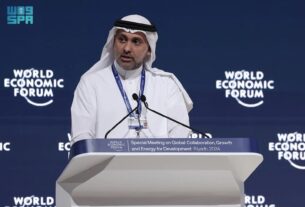The House of Representatives has asked the federal government to subsidize the 2024 Hajj pilgrimage to allow intending pilgrims to partake in the annual Islamic ritual.
This resolution was adopted Thursday during a plenary session following a motion moved by Umar Ajilo.
The National Hajj Commission of Nigeria (NAHCON) recently increased the fare for the 2024 Hajj due to the devaluation of the naira.
Firstly, announced at N4.5 million, the fee has now been raised to N4.6 million for northern pilgrims and N4.9 million for pilgrims from the south.
Honourable Ajilo, whereas moving the motion, described the fees fixed by NAHCON as “exorbitant” and emphasized the need for the government to make the 2024 Hajj more affordable.
He noted the unsuitability of the current fare, especially for middle- and low-income intending pilgrims.
“This year’s Hajj fair has been fixed at a very exorbitant rate of about five million naira (N5,000,000.00), which is unsuitable for middle- and low-income intending pilgrims;
“Given the surrounding circumstances and prevailing economic reality, it has become necessary to reassess and review the processes and procedures adopted by the National Hajj Commission in arriving at the fare with a view to reducing it thereby making same affordable to the intending pilgrims,” he said.
Subsequently, the House mandated the Committee on Muslim Pilgrimage to engage the National Hajj Commission in revising and reassessing processes and plans to make the pilgrimage fare more reasonable for intending pilgrims.
Nigeria is currently going through a cost of living crisis, hence, it is unclear how Nigerians are going to react to subsidizing a religious event.
The country lately removed subsidies on petroleum petrol, leading to an over 200 per cent increase in prices and a similar increase in the prices of goods and services. However, there has not been any increase in wages for most Nigerians including government workers, whose minimum salaries are less than $30 a month.
The lawmaker’s demand also comes at a time when the Nigerian government said it is unable to continue to subsidize electricity amidst calls by the International Monetary Fund for the country to abolish electricity subsidy.




